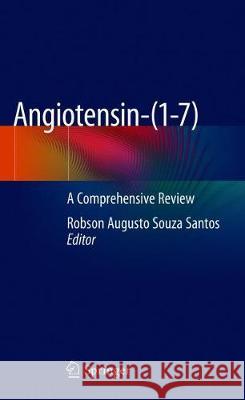Angiotensin-(1-7): A Comprehensive Review » książka
topmenu
Angiotensin-(1-7): A Comprehensive Review
ISBN-13: 9783030226954 / Angielski / Twarda / 2019 / 240 str.
Angiotensin-(1-7): A Comprehensive Review
ISBN-13: 9783030226954 / Angielski / Twarda / 2019 / 240 str.
cena 402,53
(netto: 383,36 VAT: 5%)
Najniższa cena z 30 dni: 385,52
(netto: 383,36 VAT: 5%)
Najniższa cena z 30 dni: 385,52
Termin realizacji zamówienia:
ok. 16-18 dni roboczych.
ok. 16-18 dni roboczych.
Darmowa dostawa!
Kategorie BISAC:
Wydawca:
Springer
Język:
Angielski
ISBN-13:
9783030226954
Rok wydania:
2019
Dostępne języki:
Ilość stron:
240
Oprawa:
Twarda











